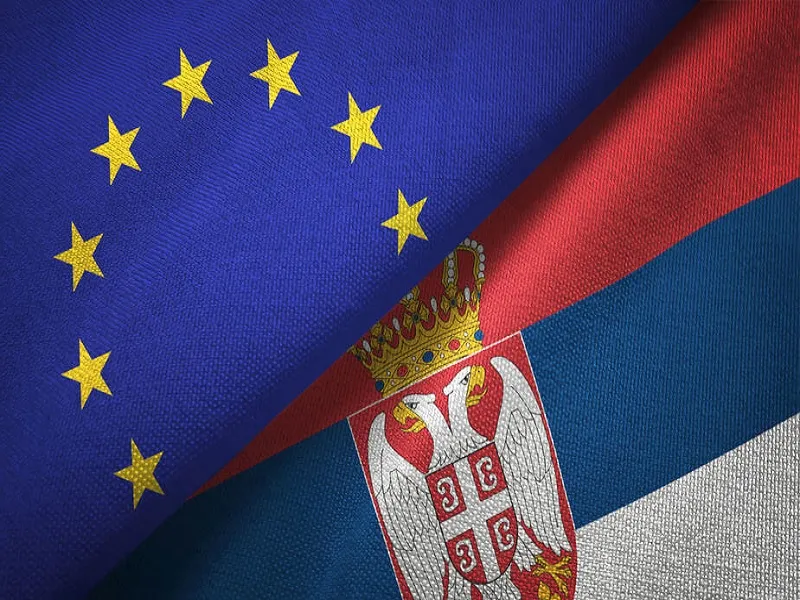For as pro-Western as Serbia’s foreign policy course becomes, Russia continues to eschew pressuring it and meddling in its affairs, which sharply contrasts with the West ramping up both unfriendly actions.
Serbian European Integration Minister Nemanja Starovic recently said that his country might impose sanctions on Russia if EU membership is “in sight”, defending its hitherto refusal to follow the bloc’s lead on the basis that “the Serbian economy would be affected to a huge extent” while Russia’s wouldn’t. Shortly thereafter, Serbian Prime Minister Duro Macut declared that “I would like to reiterate that as long as I am head of the government, we will not impose sanctions on the Russian Federation.”
These mixed signals follow Serbia smooth-talking Russia that it’ll no longer indirectly arm Ukraine, which this analysis here assessed to be partially driven by the paranoid fear that the Kremlin might extend some degree of support for the latest protest movement, even if only by promoting it in Russian media. By dint of his position, Starovic’s comments were directed at the EU and meant to encourage it to advance Serbia’s membership bid, but they’d understandably be viewed with suspicion by Russia.
That explains why Macut intervened and clarified that his government wouldn’t sanction Russia. The damage to bilateral trust might not be so easy to repair, however, given the recent context of Russian distrust of Serbia after SVR reported that it was indirectly arming Ukraine. While supporters of President Aleksandar Vucic might claim that he’s only double-dealing with the EU, the argument can be made just as compellingly that he’s double-dealing with Russia, regardless of whether he’s also playing the EU.
Serbia is objectively in a very difficult position. Russian energy imports and investment in that sector remain important for its economic stability. The Kremlin has also championed Serbia’s cause vis-à-vis its NATO-occupied Autonomous Province of Kosovo & Methoija at the UNSC. At the same time, however, Serbia as a state has altogether drifted much closer to the West and the EU in particular under Vucic’s leadership. It’s also landlocked and surrounded by EU, NATO, and Western-aligned states.
As such, it’s natural that Serbia would seek to balance between Russia and the West, though this is increasingly becoming clumsier than ever as it comes under more Western pressure. That accounts in part for why it was indirectly arming Ukraine up until recently, and might still be doing so, and explains Starovic’s poorly timed statement about the scenario of Serbia sanctioning Russia. Serbia’s recent smooth-talking and Macut’s clarification are likewise due to the Russian dimension of this balancing act.
For as pro-Western as Serbia’s foreign policy course becomes, Russia continues to eschew pressuring it and meddling in its affairs, which sharply contrasts with the West ramping up both unfriendly actions. Serbian policymakers arguably take Russia’s respect of their country’s sovereignty for granted, but it’s not lost on the populace, which remains largely Russophilic. Correspondingly, the West keeps pressuring Serbian policymakers because it senses weakness, which makes many among the populace resent them.
Looking forward, Serbia is expected to continue sending mixed signals about its policy towards Russia and might even resume indirectly arming Ukraine (assuming that it stopped in the first place), which will intensify the pressure that the West places upon it if this comes to pass. For better or for worse depending on one’s perspective, Russia will likely continue playing the long game and accordingly eschew any pressure or meddling, hoping that this principled approach will one day pay off in some way.



